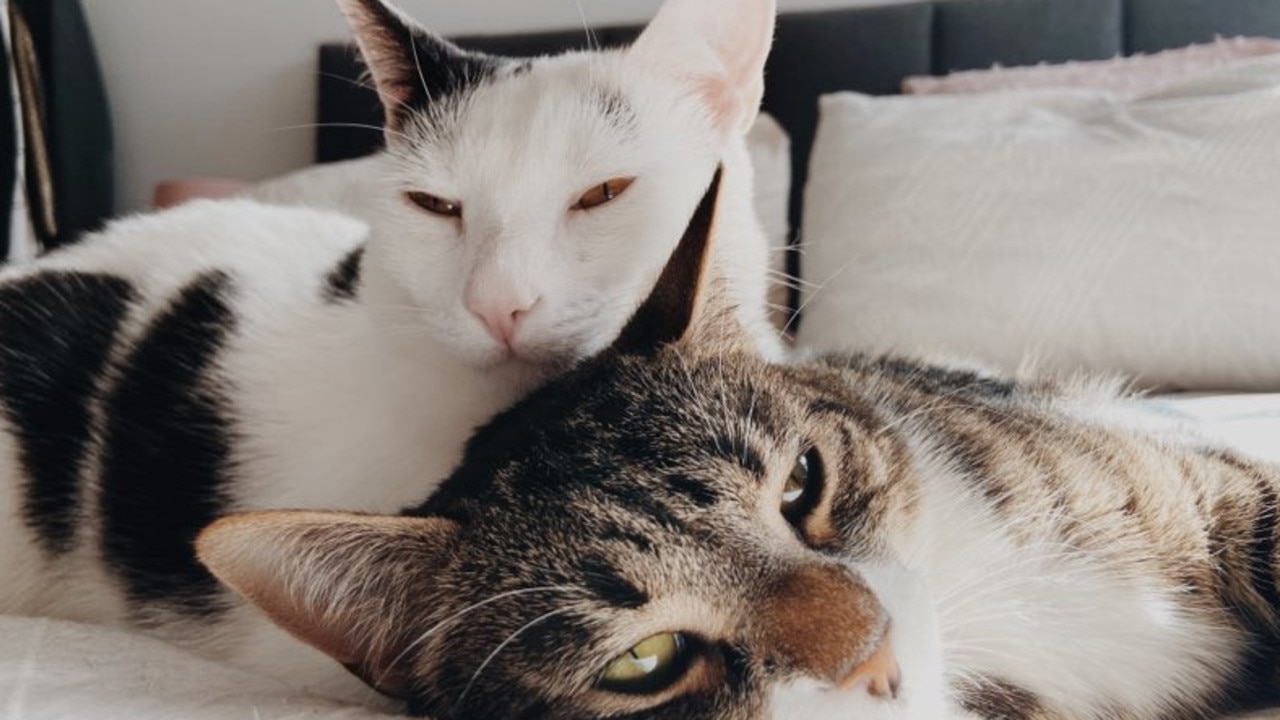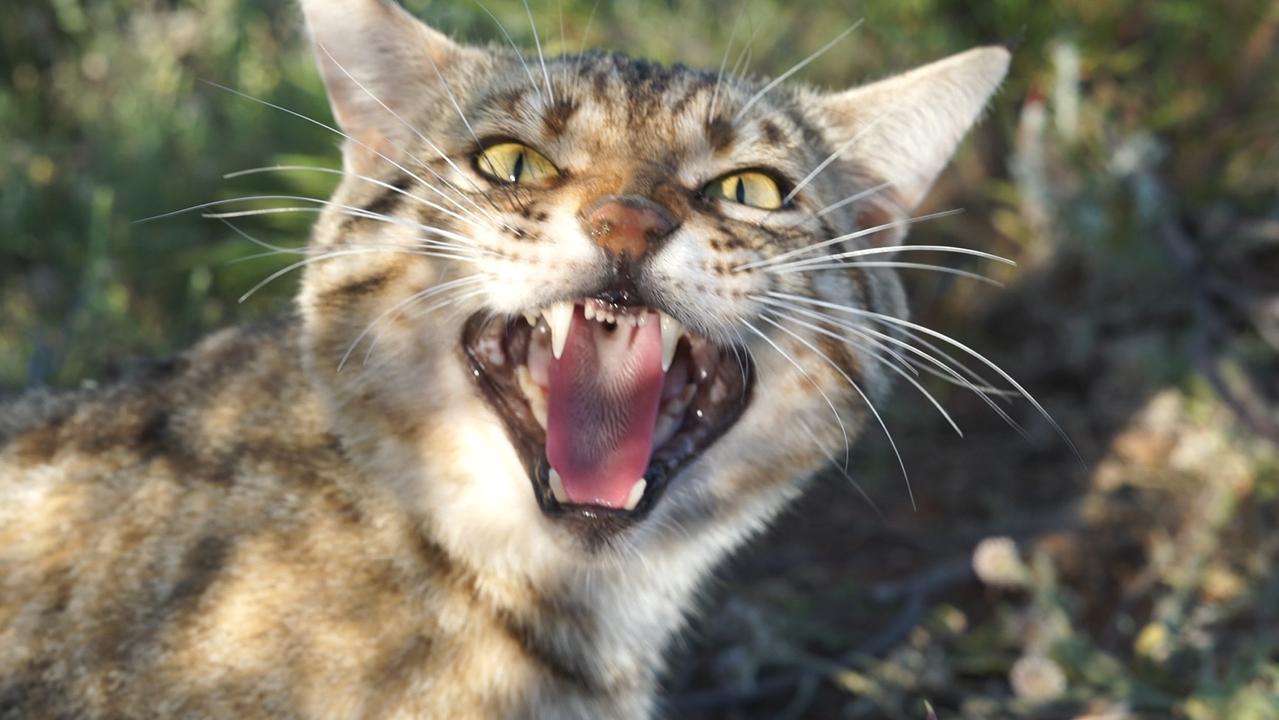‘Not hard’: Australians hit with cat curfew following more than a billion wildlife animal deaths
Some Australians will face up to $1600 fines if their cat is found roaming the streets come June, as councils roll up their sleeves to put an end to native wildlife killings.
Local councils across Australia have tightened their grip on cat owners, serving up hefty fines to residents in pockets of Victoria, South Australia, Western Australia, and the Australian Capital Territory.
Some residents will face up to $1600 dollar fines if their cat is found roaming outside after more than a billion native wildlife animals were killed by the animal last year.
The Canberra council has announced all cats will remain indoors from mid-2022 or their owners could face $1600 fines, while Bendigo residents have been urged to keep their cats within their property or pay $120 to reclaim them from shelters.
Adelaide Hills council has banned felines from being outside from 8pm to 7am, while Cats in Fremantle are now banned from public areas.
The new rules still need to be signed off by WA state parliament, but if passed, will bring cats into line with dogs and effectively see them housebound unless they are on a lead.

Cat protection CEO Kristina Vesk told NCA NewsWire the local council response is “patchy” in areas across the country and believes councils and owners could do more to protect native animals and their own pets.
“We have some councils who are much more engaged in helping their taxpayers with animal welfare issues, and some councils who just completely ignore it altogether.” she said.
“These [restrictions] are put in place to keep our wildlife safe, and protect our cats from road accidents, infectious diseases and injury from other animals.”
“People need to be considerate of where they live, especially if they back onto parks and nature reserves and things.
“Keeping your cat inside is good for their health and safety,”

Fremantle councillor Adin Lang told the ABC he thinks – like dogs – cats will soon be inside.
‘Our future generations will look back and say to us, “You guys let cats roam around Australia, eating all our wildlife all these years?” he said.
Australian National University Professor Sarah Legge, who co-wrote Cats in Australia: Companion and Killer, told reporters GPS trackers have discovered even domestic cats travel far further than previously realised on hunting expeditions around their local area.
“Pet cat owners are not always as aware of their pets’ movements as they think they are,” she said.
The proposals have been welcomed by cat owners and breeders, who want to see more focus on responsible pet ownership.
Information on how to transition cats from outside to inside can be found here.



